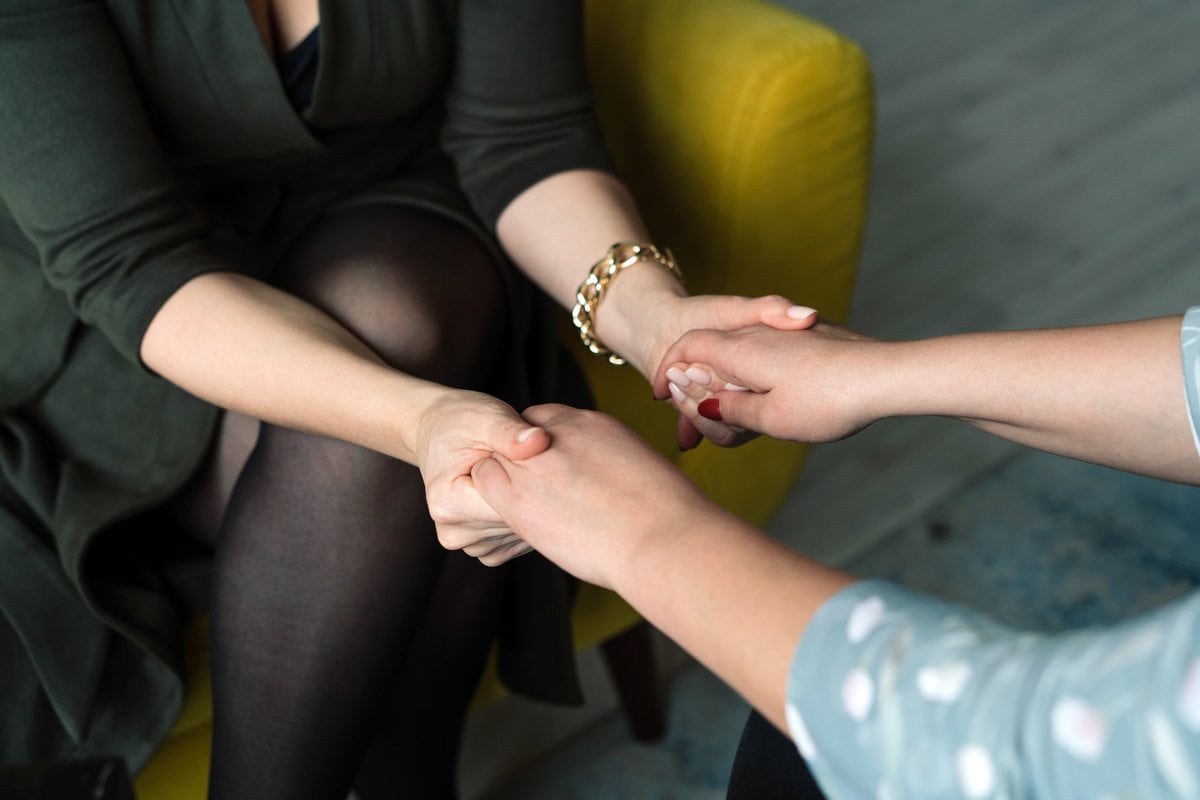

Financial abuse is one of the most common forms of domestic and family violence in Australia. In fact, up to nine in 10 people who seek help are affected by this form of intimate partner abuse.
Common signs include controlling a partner's spending, controlling bank account access, taking out debt in a partner’s name without their consent, and sabotaging employment opportunities (among many, many more).
Financial abuse can have a long-term emotional and financial impact on victim-survivors.
One of the services available to help victim-survivors get back on their feet financially is the Financial Independence Hub — delivered by Good Shepherd and funded by CommBank Next Chapter, a bank-wide commitment to help end financial abuse.
The Hub was designed in conjunction with people who have experienced this form of abuse first-hand to ensure it delivers the right support in the right way.
Through the Hub, people impacted by financial abuse have access to free and confidential specialist one-on-one financial coaching to help build confidence and capability in managing their own finances, with referrals to support services and, where appropriate, access to financial solutions like interest-free loans.
Good Shepherd's Emma Buccat is a financial coach who speaks with victim-survivors every day about how to become financially independent again. She says there are three common challenges that victim-survivors of financial abuse have in common:
1. Debt.
"Our participants are coming to us with a lot of debt from their previous relationship and they are struggling to manage them," Buccat explains.
"Obviously that causes a lot of stress for them and it can often have them in financial hardship because these are debts they really can't afford.

Top Comments